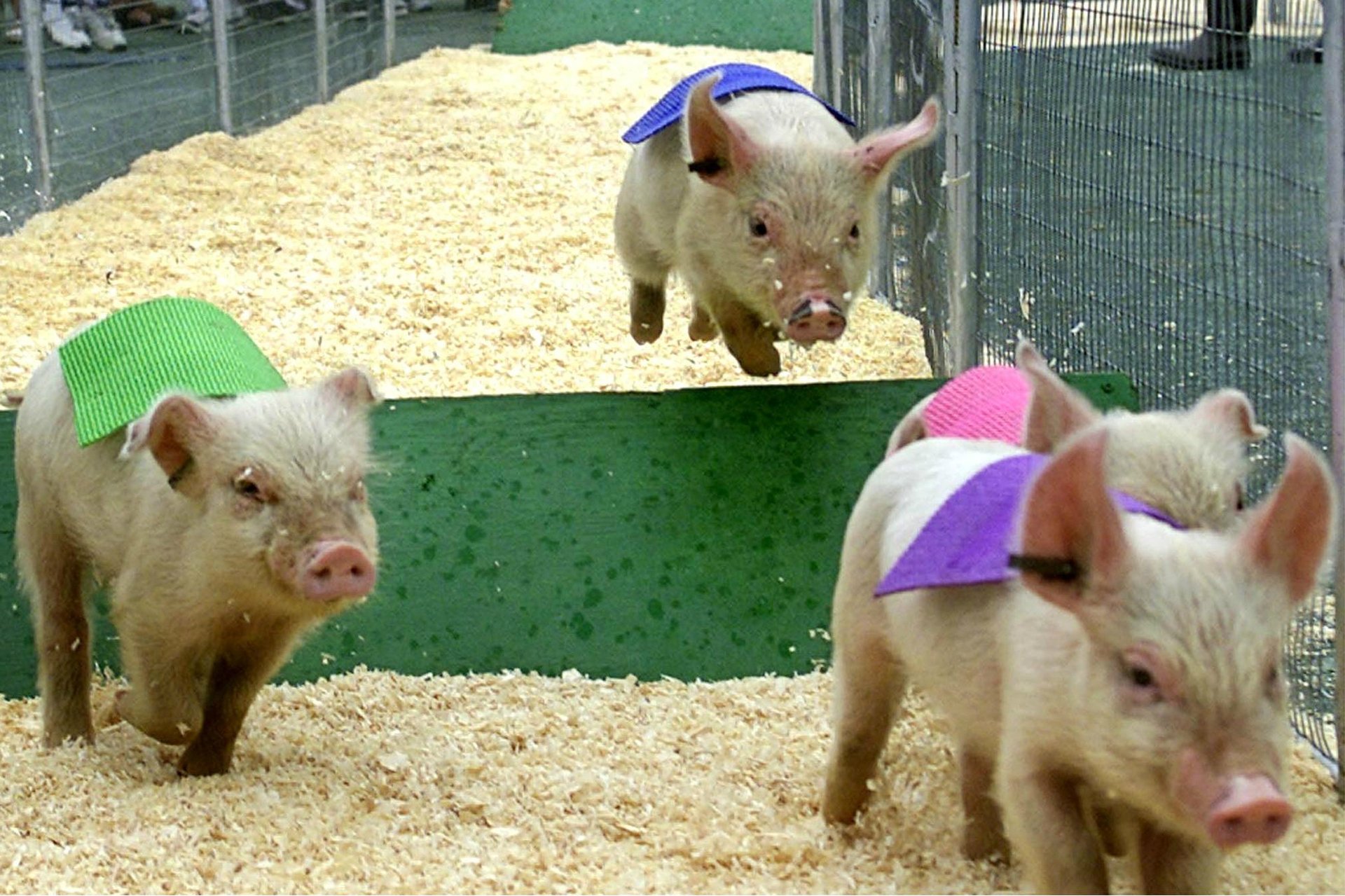When pigs fly to China: The dark side of importing “high-quality” American pork
If you’ve read anything about Chinese pork in the last year, it probably hasn’t been good. Fears of porcine pandemics and a river full of dead pig carcasses have dominated headlines in recent months, so when news broke yesterday that China’s Shuanghui International plans to buy US pork producer Smithfield Foods, critics immediately expressed concern that unsafe Chinese meat might be exported to the US.

If you’ve read anything about Chinese pork in the last year, it probably hasn’t been good. Fears of porcine pandemics and a river full of dead pig carcasses have dominated headlines in recent months, so when news broke yesterday that China’s Shuanghui International plans to buy US pork producer Smithfield Foods, critics immediately expressed concern that unsafe Chinese meat might be exported to the US.
Fear not, American bacon lovers: the combined Shuanghi-Smithfield will likely be exporting “high-quality, competitively-priced and safe” pork from the US, and sharing Smithfield’s “best practices and operational expertise.” But for Chinese pork lovers—and there are more than a billion of them—that’s not necessarily a good thing.
It’s true that, unlike in China, the US hasn’t recently found thousands of dead pigs floating down a river. Nor have growth additives been found in pork that can cause headaches, nausea and an irregular heartbeat in humans, which happened to Shuanghui in 2011. But American pork industry, of which Smithfield is the biggest sow in the pigpen, is far from squeaky clean. It has had a surfeit of disgusting scandals over the years, and epitomizes exactly the kind of large-scale, unsustainable farming that China would be wise to avoid.
Smithfield may not have dumped thousands of pig carcasses in a river, but over the years it has contaminated the rivers of North Carolina with millions of gallons of pig excrement. It also has a history of using ractopamine, which pumps up muscle content in pigs and reduces the amount of feed they require. (Ractopamine is actually illegal in China, so Smithfield is trying to clean up its act.)
American slaughterhouses are also a mess, with violations like “fecal matter on previously cleaned carcasses.” A USDA report concluded that “plants have repeatedly violated the same regulations with little or no consequence.”
Then there’s the mysterious explosive manure foam—”a gray, bubbly substance [that] began appearing at the surface of the fecal soup that keeps blowing up hog farms,” as Mother Jones reported earlier this month. The prospect of that phenomenon writ large in China should give even the most hardened pork producer pause.
The ultimate fate of the deal is by no means certain. It still has to pass muster with US regulators and fend off potential rival offers from Brazil’s JBS SA and Thailand’s Charoen Pokphand Group. But as Chinese president Xi Jinping promises to ramp up environmental protections, even if it means accepting slower economic growth, China might want to think twice about going whole hog on Big Pork, American style.